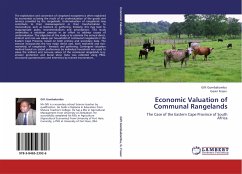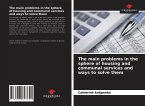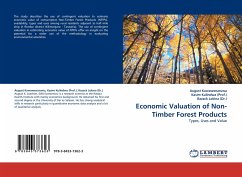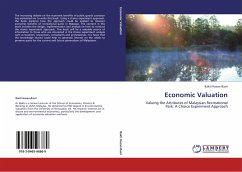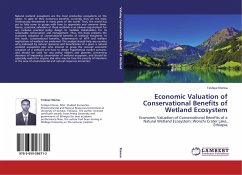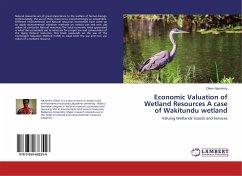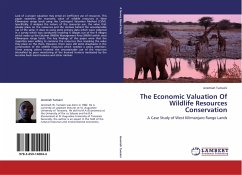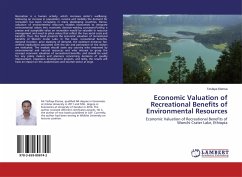The exploitation and conversion of rangeland ecosystems is often explained by economists as being the result of an undervaluation of the goods and services provided by the rangelands. Undervaluation of rangelands may contribute to their mismanagement or their transformation to monoculture, such as livestock or gathering. Similarly, this may lead to inappropriate policy recommendations and prescriptions. This study undertakes a valuation exercise in an effort to address causes of undervaluation. The objective of the study is to estimate the annual direct, indirect and non-use values per household of communal rangelands in the Eastern Cape Province, based on both primary and secondary data. The exercise incorporates the two major direct uses, both marketed and non-marketed, of rangelands - livestock and gathering. Contingent valuation method based on stated preferences by individual household was used to value the indirect and non-use values of the communal rangelands (e.g. erosionprotection and burial sites). Data was collected using PRAs, structured questionnaires and interviews by trained enumerators..
Bitte wählen Sie Ihr Anliegen aus.
Rechnungen
Retourenschein anfordern
Bestellstatus
Storno

